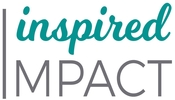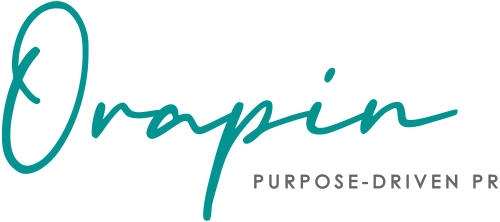 Featuring purpose-driven leaders who are making a meaningful impact in their communities, industries, and around the world.
Featuring purpose-driven leaders who are making a meaningful impact in their communities, industries, and around the world.
Trent Hein is the Co-CEO of Rule4 headquartered in Boulder, CO. Follow them on Facebook, Twitter, Instagram, and LinkedIn and learn more at rule4.com.
TELL US, WHO ARE YOU AND WHAT DO YOU DO?
I’m Trent Hein and I’m the Co-CEO of Rule4. I spend my day job helping organizations navigate cybersecurity for business value. Of course, there’s a lot of cybersecurity folks out there, but we really try to figure out, in every case, what is the business value that we can get from cybersecurity, and how do we get that in a reasonable way? Both in terms of cost and effort, and, of course, user impact.
At Rule4, we’re a 100% consulting firm. I say that because a lot of our competitors in this space are value-added resellers. So when they make a recommendation on a particular solution, approach, or product, it’s usually tied to them getting a commission on some product or service. We don’t do that. Everything we do is based on what we have seen work elsewhere and what we know will help the organization.
I look at cybersecurity as a tool for increasing velocity and growth. Of course, it depends on what the organization does, but let’s say that they provide some type of data service. If we can make their customers comfortable with the security of that service, then they’re likely to sell more. They’re likely to be able to grow more or grow faster. That’s our approach – we try to figure out what does the organization does and how we can help accelerate their business goals by making people comfortable with the security of the environment.
HOW DID YOU GET HERE?
I started in the cybersecurity space on November 9th, 1988. That date is significant because that is the date of the Robert Morris Jr. worm, which increasingly I find folks aren’t familiar with or haven’t heard. Really, that is the dawn of internet cybersecurity time.
The Robert Morris Jr. worm propagated across the global internet, which was much smaller then, back in 1988. I was on one of the teams that did the forensic analysis of that worm and, really, sparked a whole industry. It’s been a wild ride since then. Folks often know me, and some of the folks at Rule4 here best from the Unix and Linux System Administration Handbook which has been the best selling administration handbook since 1989. We just published it in its fifth edition a couple of years ago and it’s translated into more than 36 languages.
I started Rule4 with a team of us who had worked together previously and we wanted to work in an organization where we were focused on doing better in the world. We are a Certified B Corp. and that’s one of the many things that we do here to make sure that what we’re doing is contributing to making the world a better place. We do that in a bunch of different ways, not only through the ways we help our clients but also by being very active in the nonprofit community.
I and my co-founder, Dan Mackin, both sit on nonprofit food pantry boards. I sit on the Harvest of Hope board, and Dan sits on the Sister Carmen Center board, which are the two largest food pantries in Boulder County. In addition, we always try to support other community efforts in cybersecurity, whether it’s sponsoring the robotics team at the local high school or hosting community meet-ups, from the Boulder Linux Users Group to DevOps Boulder. Our goal is to be connected with that community and help share our resources with them.
WHAT DO YOU STAND FOR? WHY IS THIS WORK IMPORTANT TO YOU?
I stand for folks not thinking that cybersecurity is a bad thing. Oftentimes, it becomes the department of “No.” It’s like, “Oh, those security guys, all they do is say ‘No’,” or, “They make it hard to log in.” I try to educate people that we’re really trying to protect them. When I work with folks in corporate settings, I always talk about the things they also need to be doing in their personal lives to secure their data. We’ve just seen so much identity theft and so many personal attacks. Crazy ex-spouses, estranged kids, and all sorts of stuff where, unfortunately, cybersecurity comes into play in their personal life where it shouldn’t. We would like folks to be using good security hygiene everywhere. At home, with their family, at work, so that they aren’t in a situation where cybersecurity is causing stress or damage.
WHAT IMPACT ARE YOU MAKING?
I hope we’re making an impact in a lot of different ways. For example, we work with clients who have an impact. I do a lot of work with Dexcom, a San Diego-based company that makes a continuous glucose monitoring system, where, effectively, you have an electronic device that is attached to you and then can be read with your smartphone to tell you your glucose level. So, if you’re Type I diabetic on insulin therapy, instead of having to prick your finger every few hours and deal with wet blood, and testing, and all the pain and inconvenience and embarrassment of that, you can instead look at an app on your smartphone and see your current glucose level. That’s life-changing, especially if you’re afraid of needles, or if you’re a kid. It really changes people’s lives. Projects like that excite me. I love to be involved in organizations that are helping people live a better life.
WHAT (OR WHO) INSPIRES YOU TO DO THIS WORK?
I just love technology and I love to see it applied well. It makes me crushingly sad when I see people misuse technology. I want to be a champion for using technology for good. Whether it’s in the life sciences or medical space like I talked about with Dexcom, or whether it’s in election security, these are important parts of our society, and I’m inspired to see people apply technology in a good way.
WHAT’S YOUR VISION, YOUR BIG DREAM FOR THE IMPACT YOU WANT TO MAKE?
We were the first B Corp.-certified cybersecurity consultancy, and I would love to set the trend that everyone who consults in the technology space, whether it’s cybersecurity or something else, that they make that corporate commitment and that personal commitment to make a difference. The thing I love about the B Corp. program is that it is thorough. It’s not a pay $500 and fill out a questionnaire and you’re certified type thing. It took us a year of a lot of hard work to become certified. We had to look at every process, how we source materials, how we manage our staff, how we incent them, how we use energy in the building, how much we recycle, and more. I would love to set the example for every technology company to do this.
One thing I want to point out is that, in some ways, there’s no reason not to become a certified B Corp. I understand that it’s hard for companies that are very supply chain heavy and have to manage social and economic and ecological impact across the higher supply chain. But for technology consultancies, we don’t have that excuse. We don’t have a giant supply chain; we should be all able to do this. I wish everyone would.
WHAT CHALLENGES ARE YOU FACING?
To get people to vote with their dollars. I talk to people about how we are building a company that’s changing the world, and about our impact, and how are we managing our potentially negative impacts, like ecological impact. Folks nod their heads, and they say, “Well, that sounds fantastic,” but then I see them purchase services from a company that doesn’t do that. People need to vote with their dollars and pick those B Corp. companies. Whether it’s you’re buying yogurt or you’re buying technology services, buy a product or service that has shown a commitment to a better world.
WHAT’S ONE THING YOU WANT PEOPLE TO KNOW ABOUT THE WORK YOU’RE DOING?
To be proactive about everything. Unfortunately, we’re in a space where when clients call us for the first time, it’s often not because they’re having a good day. It’s because something has gone horribly wrong. I think whether we’re talking about cybersecurity or we’re talking about saving the planet, we need to be proactive. I would encourage folks to really think about the things that matter to them and how they are going to strategically and proactively make decisions. Whether it’s better cybersecurity, or better employee benefits, or better energy use, have a proactive plan rather than waiting until it’s too late.
DO YOU HAVE A FAVORITE QUOTE OR WORDS OF INSPIRATION TO SHARE?
The quote I probably use most often is, “First, do the right thing.” You’d say, “Well, that is the most obvious, simple quote ever,” but it’s surprising to me how many times folks are not guided by that. Often, if there’s a situation where you’re deciding between doing the right thing but the right thing’s really hard, or just getting through the day and doing the simple thing, many folks think, “Ah, let’s just do the simple thing.” No. We need to always think, “What is the right thing, and we’re going to do that.”
HOW CAN OTHERS SUPPORT YOU OR YOUR CAUSE?
Right now the number one thing I would say is that we’re in an unusual time as a nation, and as a world, and as a society, and we really need to support safety net organizations, like food pantries. We have a number of people who are experiencing food insecurity for the first time in their lives, maybe the first time in their families. Multiple generations are experiencing food insecurity, and they don’t know where to turn, and they don’t know what they’re going to do to get their next meal or the next meal for their kids. I think all of us need to be spending those dollars that we would’ve spent on going to Elitches or going to the theater and instead put those dollars behind the safety net organizations.
Orapin Marketing + Public Relations helps purpose-driven businesses share their stories and expertise to increase visibility, expand the reach of their message, and become a sought-after leader in their field. We believe those who are working to make a difference in the world deserve to be known, supported, and celebrated. If you would like to be featured in INSPIRED IMPACT™, reach out to hello@orapinmarketing.com.

